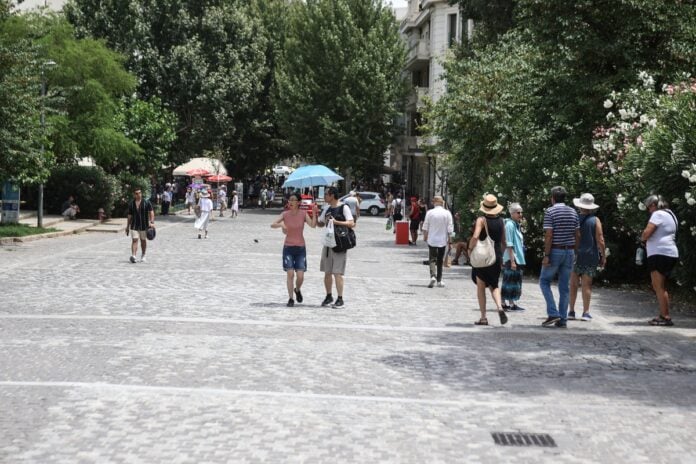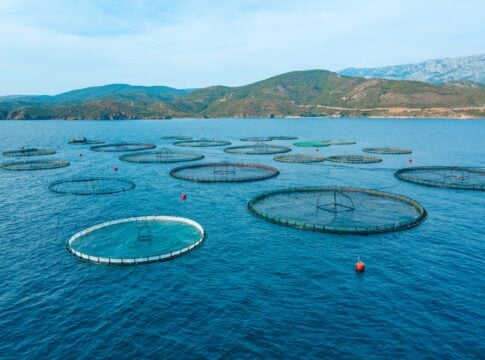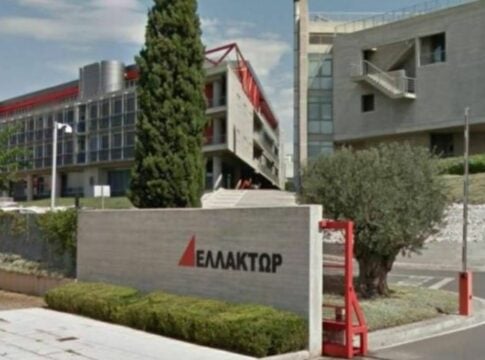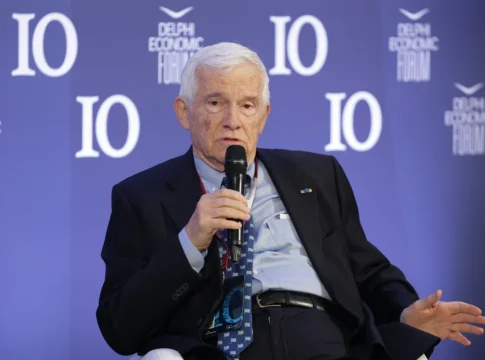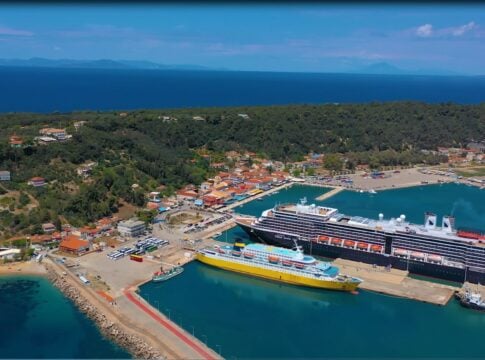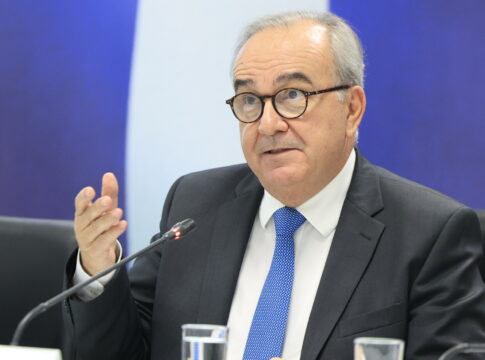Limiting the short-term rental of properties in famous tourist areas and establishing a special fee for the financing of renovations and infrastructure is proposed, among other things, in the new Special Spatial Framework for Tourism.
The Special Spatial Framework for Tourism was put into public consultation on Wednesday, together with the Strategic Environmental Impact Study, by the leadership of the Ministry of Environment, after cooperation with the Ministry of Tourism. The procedure will last until September 15.
Based on this framework, the country (1,034 Municipal Units) is divided into five categories of regions based on the spatial structure of tourist accommodations as follows:
In the first (A) category, under the name Control Areas (overdeveloped) 18 Municipal Units have been included, in B (developed areas) 84 Municipal Units have been included, in C (developing areas) 139, in D (areas with development potential) 265 and in E (undeveloped areas) 528 Municipal Units.
For Municipal Units included in categories A and B, tourism capacity assessment studies will be conducted, while no horizontal ban on building is recommended.
For three of the categories (A, B and C) it is proposed to establish a special fee in favor of the Green Fund, on tourism activities, including short-term leases and simple rented rooms, so that they can be used to finance renovations and infrastructures that support tourism.
The co-competent ministries admit that “many tourist destinations in Greece present an unsatisfactory level of services with a parallel deterioration of tourist accommodation, despite the attempted slow but steady quality upgrade of the hotel potential. Deficiencies are also identified in the general infrastructure and transport despite the improvement of the latter, as well as malfunctions, such as traffic congestion, lack of parking spaces, etc.”
They also estimated that the tourism activity in the long term will expand as an economic, social and cultural phenomenon on a global level.


